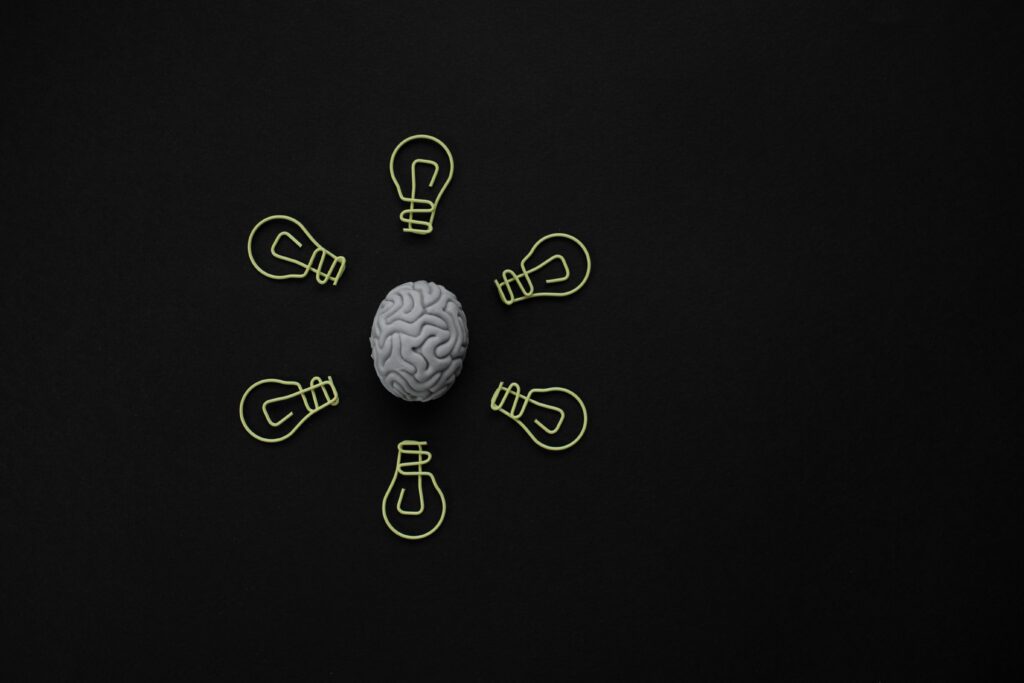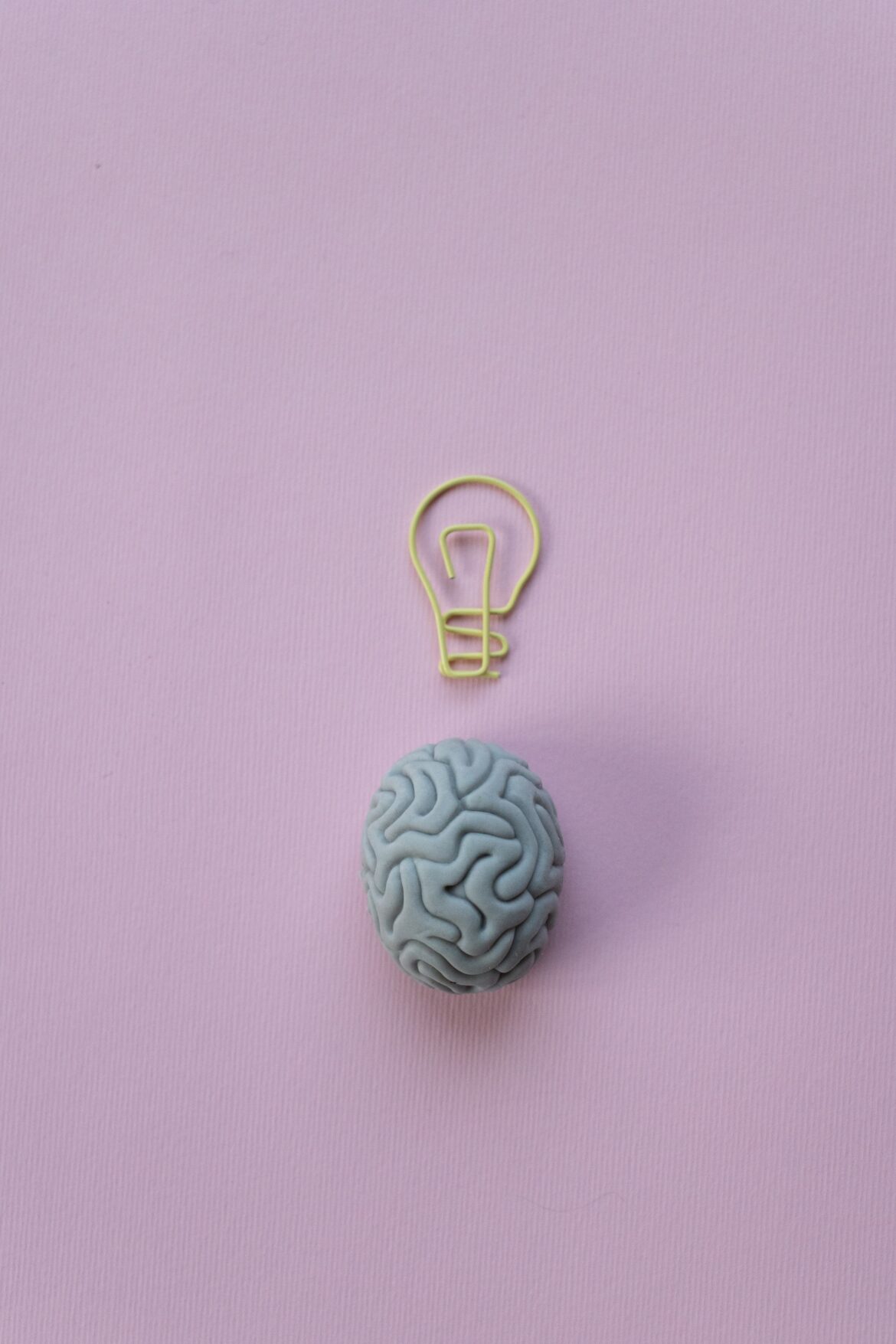This study’s main focus was neurostimulation, a cutting-edge method that uses mild electrical currents given by scalp electrodes.
The possibility of neurostimulation to improve mathematics learning has been investigated in a collaborative project combining the universities of Surrey and Oxford, Loughborough University, and Radboud University in the Netherlands. High-frequency transcranial random noise stimulation (tRNS) was specifically employed to stimulate certain brain regions and enhance participants’ arithmetic abilities. The study, directed by Professor Roi Cohen Kadosh from the University of Surrey, shows an intriguing connection between brain activation and mathematical ability.
The significance of neurostimulation in improving learning
This study’s main focus was neurostimulation, a cutting-edge method that uses mild electrical currents given by scalp electrodes. The team wanted to see if tRNS could increase learning-related brain activity, which would improve mathematical ability. The essential importance of learning in human existence and the potential of neurostimulation to promote information acquisition and skill development were discussed by Professor Cohen Kadosh, an authority in cognitive neuroscience, for The Independent.
Groups of participants and study design
Prior to starting the experiment, the study carefully evaluated the mathematical prowess of the 102 participants it had recruited. A conventional learning group and a “overlearning” group, where participants studied mathematical tasks beyond competence levels, were two of the four groups formed from the participants. Throughout the experiment, these groups received tRNS. The other two groups received a placebo, which mimicked stimulation without producing any noticeable electrical currents. Electroencephalogram (EEG) recordings were performed at the beginning and end of the investigation to track brain activity.

Improving arithmetic skills through brain stimulation
The results of the study showed an intriguing association between the initial “excitability” of the brain when it comes to mathematics and the effects of tRNS. Participants with lower baseline brain excitability for arithmetic problems showed significant gains in performance after stimulation. Those who initially scored well on arithmetic tests or who were a member of the placebo groups, on the other hand, did not notice any significant differences. These findings highlight the potential for customized neurostimulation methods to improve learning outcomes and provide insight into the best instances and times to use this technology.
Consequences and insights
The study’s principal investigator, Dr. Nienke van Bueren, who worked with Professor Cohen Kadosh, emphasized the importance of these results. According to the research, people who are less excitable when it comes to math may be more open to the benefits of electrical noise stimulation. On the other hand, people with high brain excitability could not gain the same advantages. This study promises a more individualized approach to learning and provides knowledge about how to use neurostimulation techniques most effectively.



